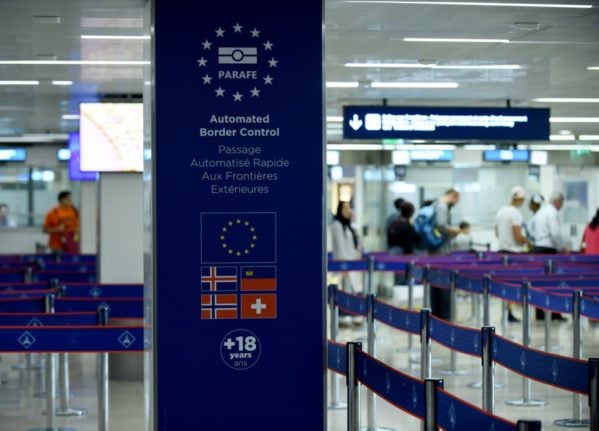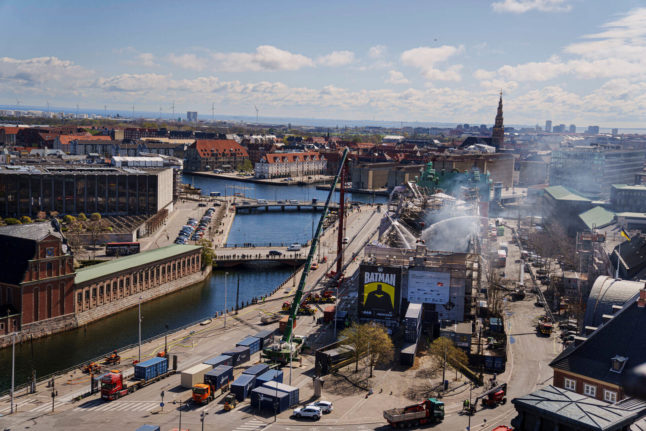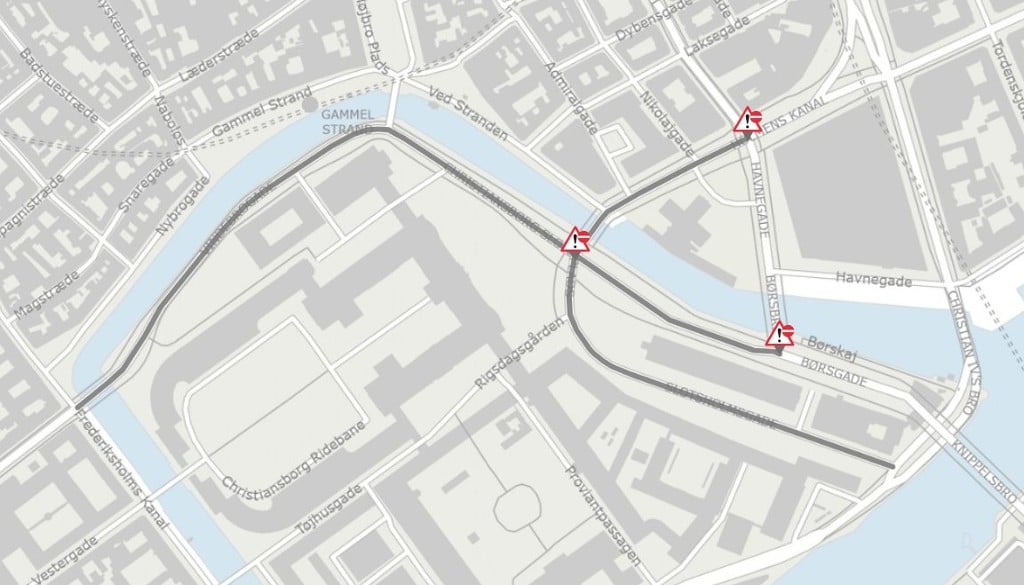At present the EU's external borders are closed to non-essential travel for all countries apart from those on the short list of 'safe' countries, which includes Australia.
So, for example Americans have not been able to have holidays in Italy or visit family in France since March, and there seems little sign that this will change in the near future.
Travel within Europe, however, is allowed for any reason – taking into account individual countries' lockdowns and rules on quarantine/testing for new arrivals.
The European Commission currently says that travel is allowed for any reason between EU and Schengen zone countries.
At present that includes the UK, but once the Brexit transition period ends on December 31st, the UK will become a 'third country', not part of the EU or the Schengen zone.
The Local asked the Commission last month what that means for people travelling from the UK after January 1st and we were told that no decision has been taken yet.
The final decision is for the European Council to make.
A Commission spokesman said: “The current Council recommendation on the temporary restriction on non-essential travel into the EU and the possible lifting of such restriction is applicable to the United Kingdom during the transition period established until 31st December, 2020 on the basis of the Agreement on the withdrawal of the United Kingdom of Great Britain and Northern Ireland from the European Union and the European Atomic Energy Community.
“At the end of the transition period, the Council will have to consider the addition of the United Kingdom to the list of third countries exempted from travel restrictions.
“This is a decision for the Council to make.”
On December 14th a source at the European Council told The Local a decision was set to be made on the new “safe list” “in the coming week” but no exact date was given.
It may all depend on the ongoing Brexit talks between the UK and the EU.
The source added: “I can therefore not confirm at this stage what the status of a country will be on 1 January. The review and updates to the list take place following an overall assessment based on the criteria included in the recommendation.”
In theory EU states can override the Council's decision and decide to allow in British holidaymakers after January.
A UK government spokesperson said: “We cannot comment on decisions that could be taken by other states on public health.”
The EU's rules on essential travel say that people from outside Europe can enter the bloc for the following reasons;
- Citizens of an EU country
- Non EU citizens who are permanent residents of an EU country and need to come home
- Healthcare workers engaged in crucial work on the coronavirus crisis
- Frontier workers and in some circumstances seasonal workers
- Delivery drivers
- Diplomats, humanitarian or aid workers
- Passengers in transit
- Passengers travelling for imperative family reasons
- Persons in need of international protection or for other humanitarian reasons
- Third country nationals travelling for the purpose of study
- Highly qualified third-country workers IF their employment is essential from an economic perspective and cannot be postponed or performed abroad
Find more details on the exemptions here.
The rules are based on the country you are travelling from, not the passport you hold.
Anyone who is a permanent resident in an EU country is allowed to return to it – so for example any EU residents travelling to the UK for Christmas will be able to return home after January 1st, regardless of what decision the Council makes on the UK's status.




 Please whitelist us to continue reading.
Please whitelist us to continue reading.
So the obvious loophole would be to fly from the UK into Switzerland, then you’d be free to leave Switzerland and travel within the Schengen area (and therefore, most of the EU).
“The European Commission currently says that travel is allowed for any reason between EU and Schengen zone countries.”
Apart from the fact that airlines cancelled their flights from and to Geneva when we tried to do that 2 weeks ago when we needed to return to the U.K. for exceptional resulting in a hell of a drive from Provence to Bristol and back over 4 days….